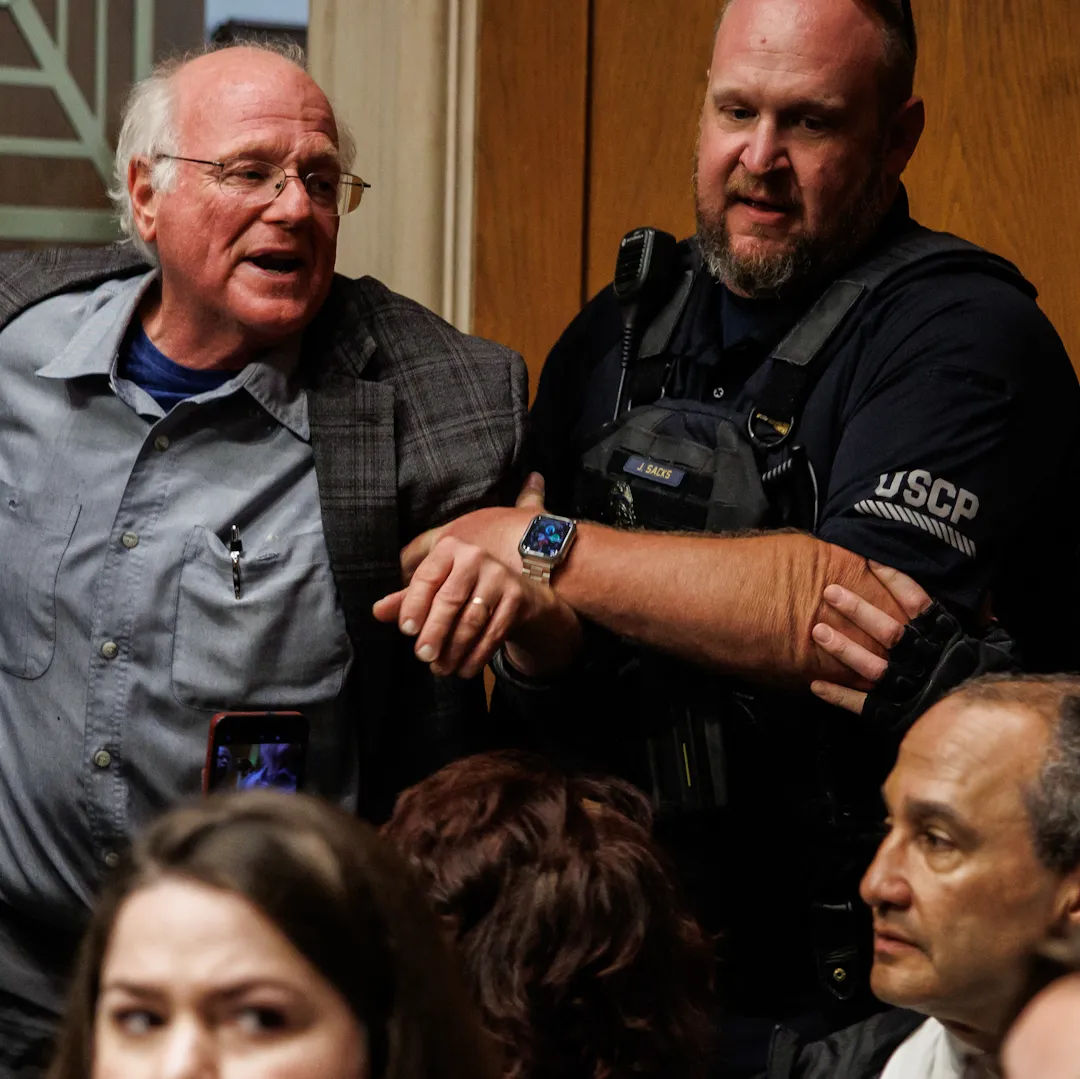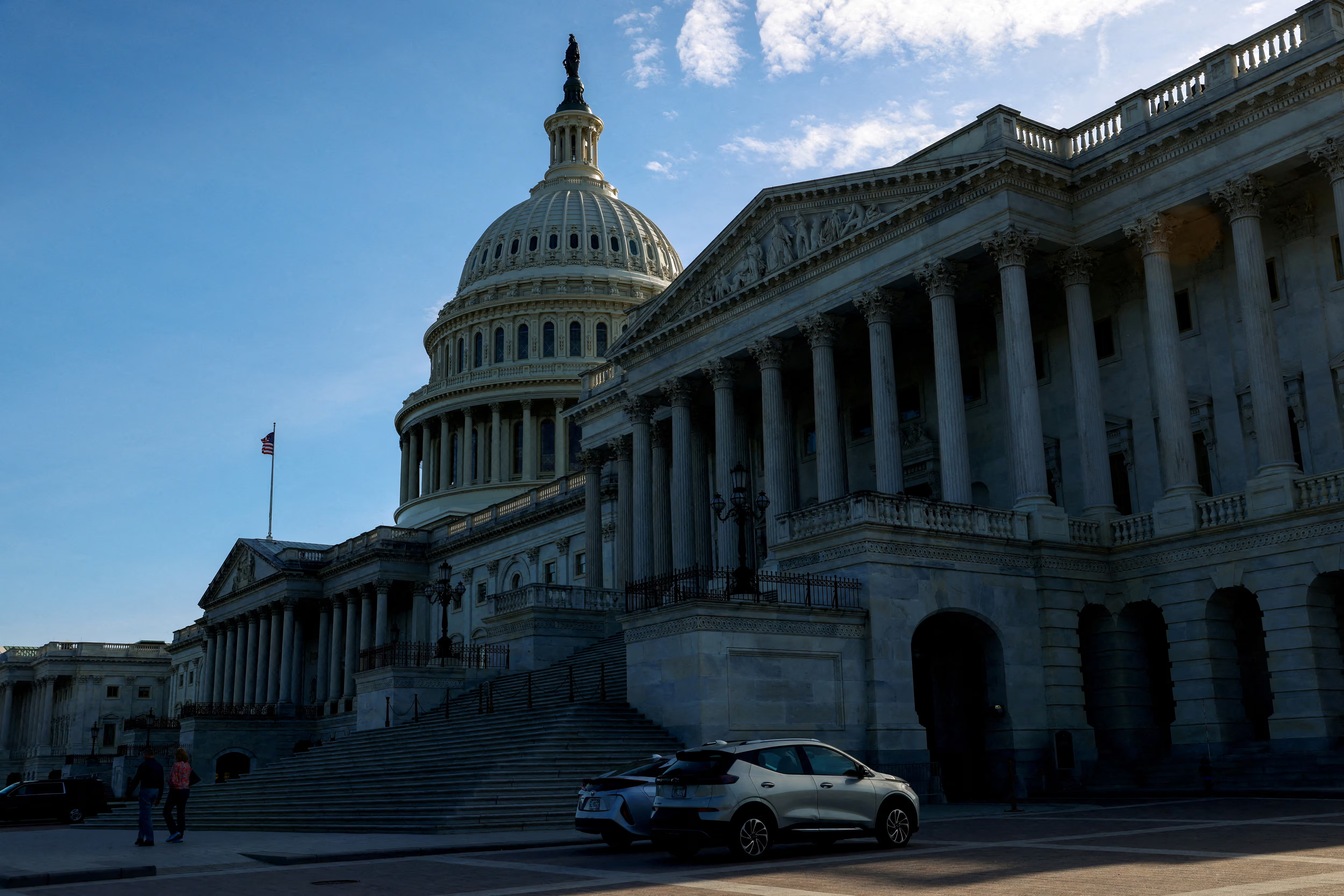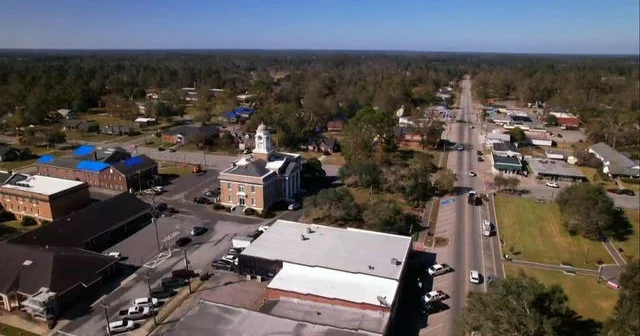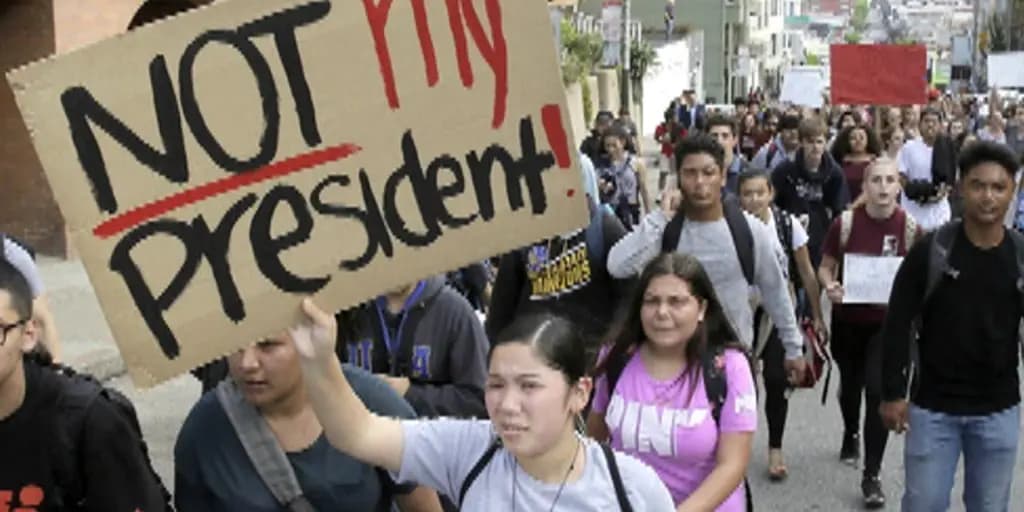Political economist Benjamin Cohen"s new book "Dream States: A Lurking Nightmare for the World Order" presents an alarming vision of America on the brink of fragmentation, stirring fears of armed conflict and civil war. With the nation increasingly divided along urban-rural lines rather than historical North-South distinctions, Cohen warns that the potential for violence is not only plausible but growing.
Secession Movements Gain Momentum
Cohen"s work highlights a global trend of secession movements that threaten national unity. As reported by historical documents, these movements are often fueled by a deep sense of identity and belonging among marginalized groups who feel disconnected from their national governments. In the United States, states like California are increasingly vocal about their dissatisfaction with federal policies, particularly regarding immigration and climate action, leading to an environment ripe for calls for independence.
California"s Potential Independence Sparks National Debate
Imagine a scenario where California declares its sovereignty, as Cohen suggests in his fictional 2035 news dispatch. The ramifications would be destabilizing, not just for California but for the entire nation. The state"s progressive policies on climate change and social justice stand in stark contrast to the federal government"s regressive stance, creating a high-stakes battle over governance and policy direction. The prospect of military intervention by the federal government, as hinted by Cohen, raises the stakes even further, putting the very fabric of American democracy at risk.

Ben & Jerry"s cofounder forcibly removed from Senate hearing
Identity Politics Fueling Division
The divisive nature of identity politics plays a crucial role in this fragmentation. Cohen explains that the urge to assert community identity often overrides rational discourse. This sentiment is evident in the growing polarization on issues such as environmental policy. Urban areas, largely progressive, advocate for sweeping climate reforms, while many rural regions resist these changes, fearing economic repercussions. As communities rally around their identities, the potential for conflict escalates, particularly when these identities clash.
Historical Context of Secession
Cohen draws parallels between contemporary secessionist sentiments and historical movements, such as Quebec"s relationship with Canada. While Canada has managed to navigate these tensions through increased autonomy for Quebec, the United States appears to be heading in the opposite direction. The lack of compromise and dialogue leaves marginalized groups feeling unheard, and when individuals perceive their dignity is at stake, they may resort to drastic measures, including calls for secession and civil war.

Project 2025: What is it? Who is behind it? How is it connected to ...
The Role of Environmental Justice in Fragmentation
Environmental justice advocates argue that the current socio-political landscape disproportionately affects marginalized communities, especially in the context of climate change. The fight for environmental sustainability has become a battleground for identity politics, where urban areas push for progressive reforms while rural communities cling to outdated practices fueled by fossil fuels. As climate disasters become more frequent and severe, the stakes heighten, leading to increased tensions and potential violence.
According to the Australian Government, a robust health system is crucial for maintaining social cohesion. However, in a fragmented America, access to healthcare and environmental resources would likely become even more unequal, exacerbating existing disparities and fueling further unrest. Without addressing these underlying issues, the nation risks spiraling into chaos.
Looking Ahead Amid Fragmentation
As the U.S. grapples with these existential challenges, the need for proactive measures to diffuse potential violence becomes increasingly urgent. Cohen suggests exploring pathways toward greater autonomy for discontented regions, drawing from examples like Spain and Catalonia. However, this requires a willingness from federal authorities to engage in dialogue and compromise. In today"s politically charged environment, such cooperation seems unlikely.
The clock is ticking. As we move deeper into 2025, the question remains: Will America heed Cohen"s warnings and take steps to prevent fragmentation, or will it continue down a path of division that could lead to violent conflict?

How rural voters in Georgia see the November election - CBS News







![[Video] Gunfire between Iraqi security forces and Sadr militias in Baghdad](/_next/image?url=%2Fapi%2Fimage%2Fthumbnails%2Fthumbnail-1768343508874-4redb-thumbnail.jpg&w=3840&q=75)
